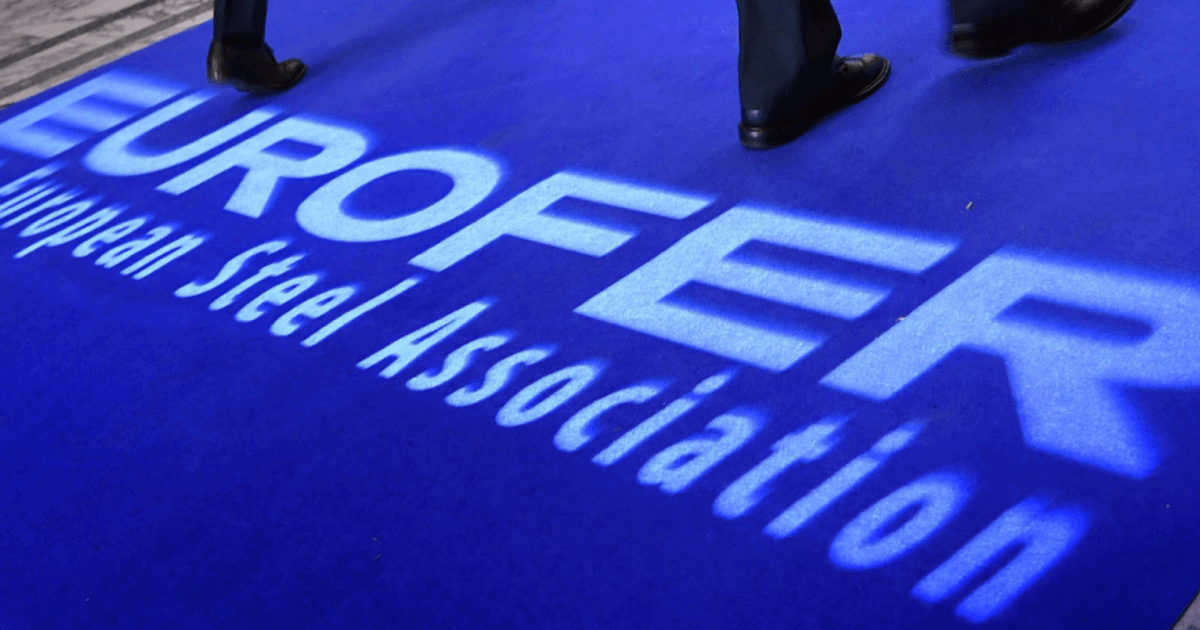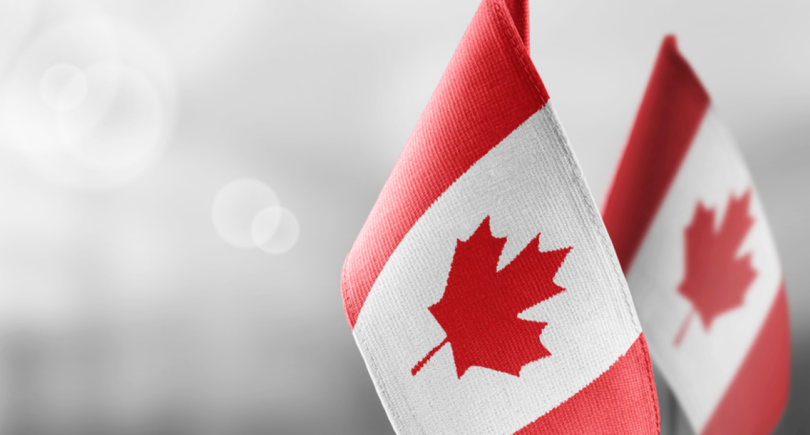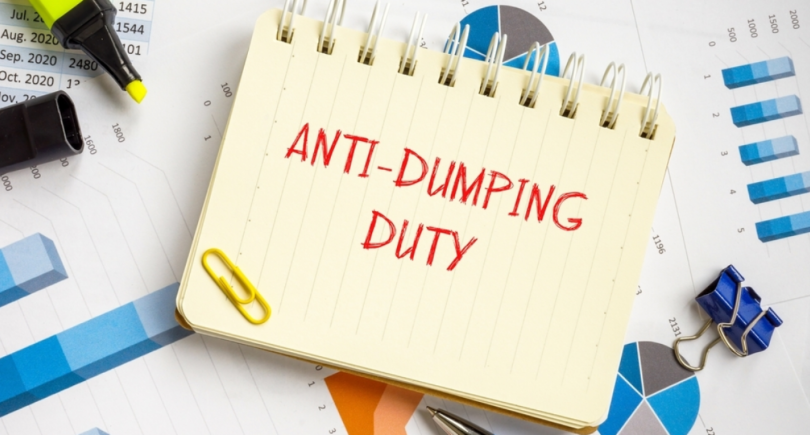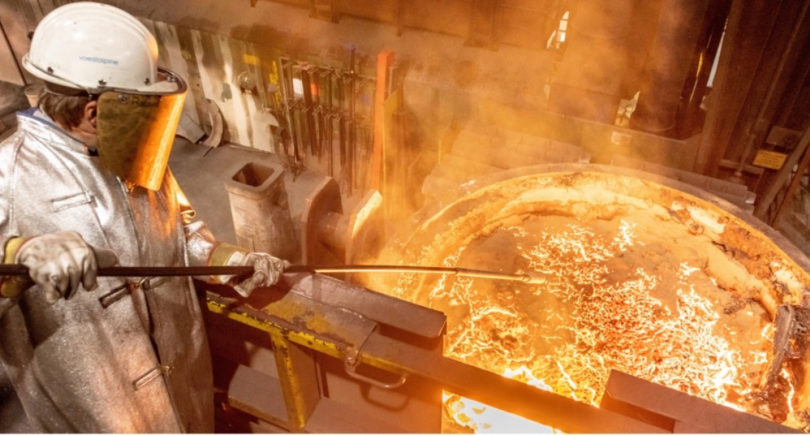
News Global Market EUROFER 1229 15 December 2022
The association calls on EU politicians to find a solution for exports within the framework of CBAM
A strong industrial base should be a strategic priority for the EU. This is stated in the statement of the Association of European Steel Producers (EUROFER), which is published on the organization’s website.
The future of European industry, threatened by an energy crisis, is at stake, impacted by unilateral decarbonisation costs, and undermined by trading partners’ new regulatory frameworks to massively subsidise local investment, the association said.
EU leaders will be making fundamental decisions about Europe’s industrial future in the coming days, the statement said. Against the backdrop of the EU energy crisis and the US Inflation Reduction Act, the EU must urgently develop and implement an industrial policy mainstreaming industrial competitiveness in all policy fields and take decisive action to enable the green transition as well as to enhance the resilience of industry.
According to Axel Eggert, CEO of EUROFER, a strong industrial base should be a strategic priority for the EU. The US Inflation Reduction Act is a wake-up call.
“EU leaders urgently need to reconcile the European Green Deal with industrial competitiveness and resilience, starting with a transition-friendly ETS and a watertight CBAM, as well as enabling the ramp-up of green hydrogen,” he said.
The EU is a leader in climate change policy, the association noted. However, its industry’s growing exposure to unilateral carbon cost by 2030, if not accompanied by investments in decarbonisation projects, risks having disastrous consequences.
According to the association, appropriate provisions are needed to ensure that temporary closures do not become permanent:
- a further adjustment of the temporary crisis framework should be considered to support companies in coping with high energy prices, which could be persistent despite the measures of the EU in this direction;
- urgent to address the dramatic drop in EU steel exports and the massive surge in imports.
In particular, the steel sector reiterates its call on EU policymakers to find a solution for exports under the CBAM, allowing for the continuation of free allocations for all exported products, while supporting the Council proposal on the free allocation phase-out trajectory for CBAM goods sold on the EU domestic market.
EUROFER also noted that a consistent approach to renewable hydrogen, carbon capture and use (CCU) legislation should be followed. Future delegated acts, in particular, should make the production of hydrogen easier, faster and cheaper. In particular, it is about extending the transition period for additional production until 2030.
“The US has focused greatly on investment in clean technologies, from electric vehicles to wind mills, which have one thing in common: they are all part of the steel value chain. Green steel is at the centre of the new US industrial policy. We should do the same in the EU,” said Axel Eggert.
As GMK Center reported earlier, on December 13, the European Union reached a political agreement on a new border tariff on carbon emissions (CBAM) for the import of goods, in particular, steel and cement. Companies importing these goods into the EU will be required to purchase certificates covering CO2 emissions associated with production. They also agreed to extend the scheme to the import of hydrogen, which was not included in the original proposal.




